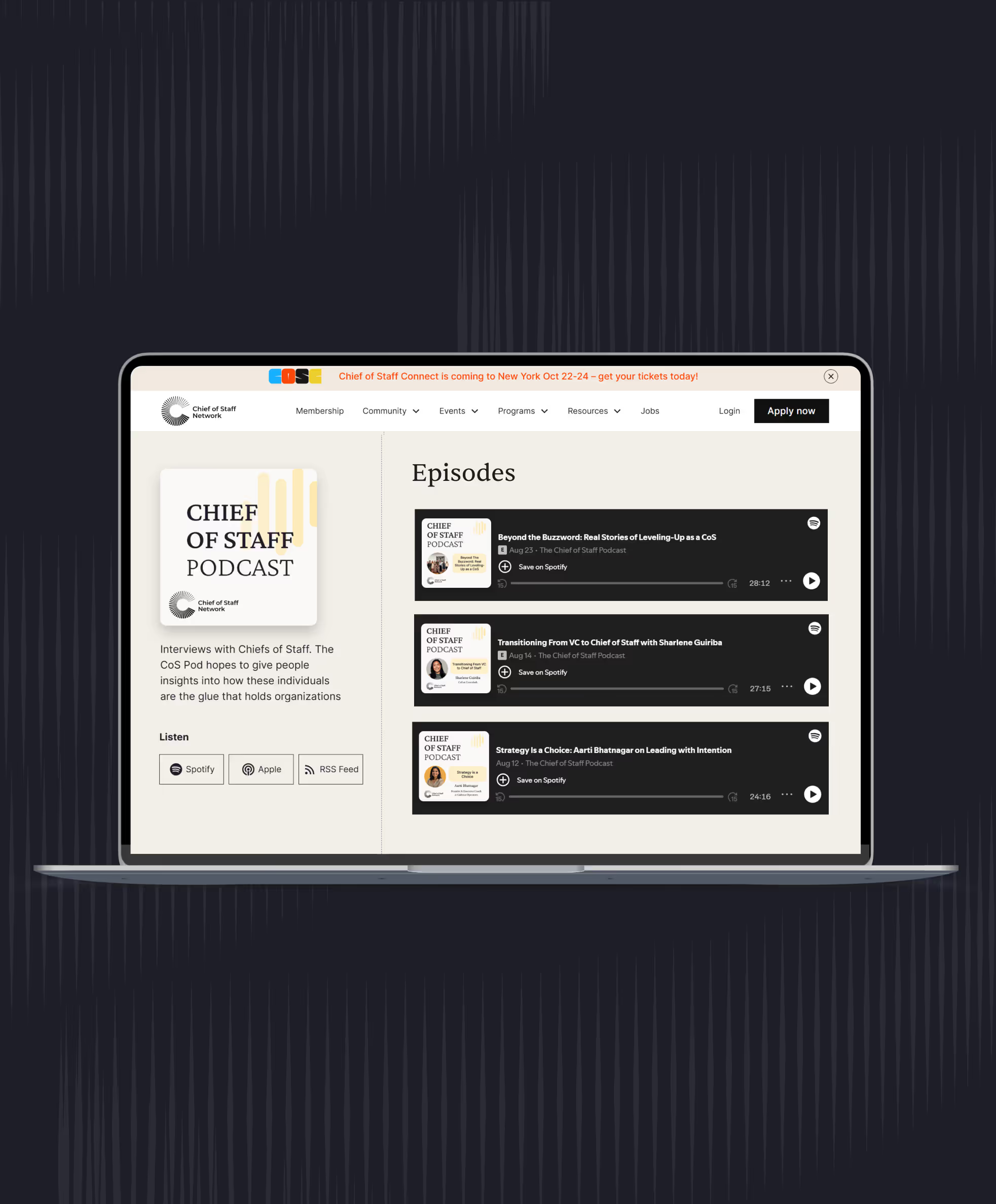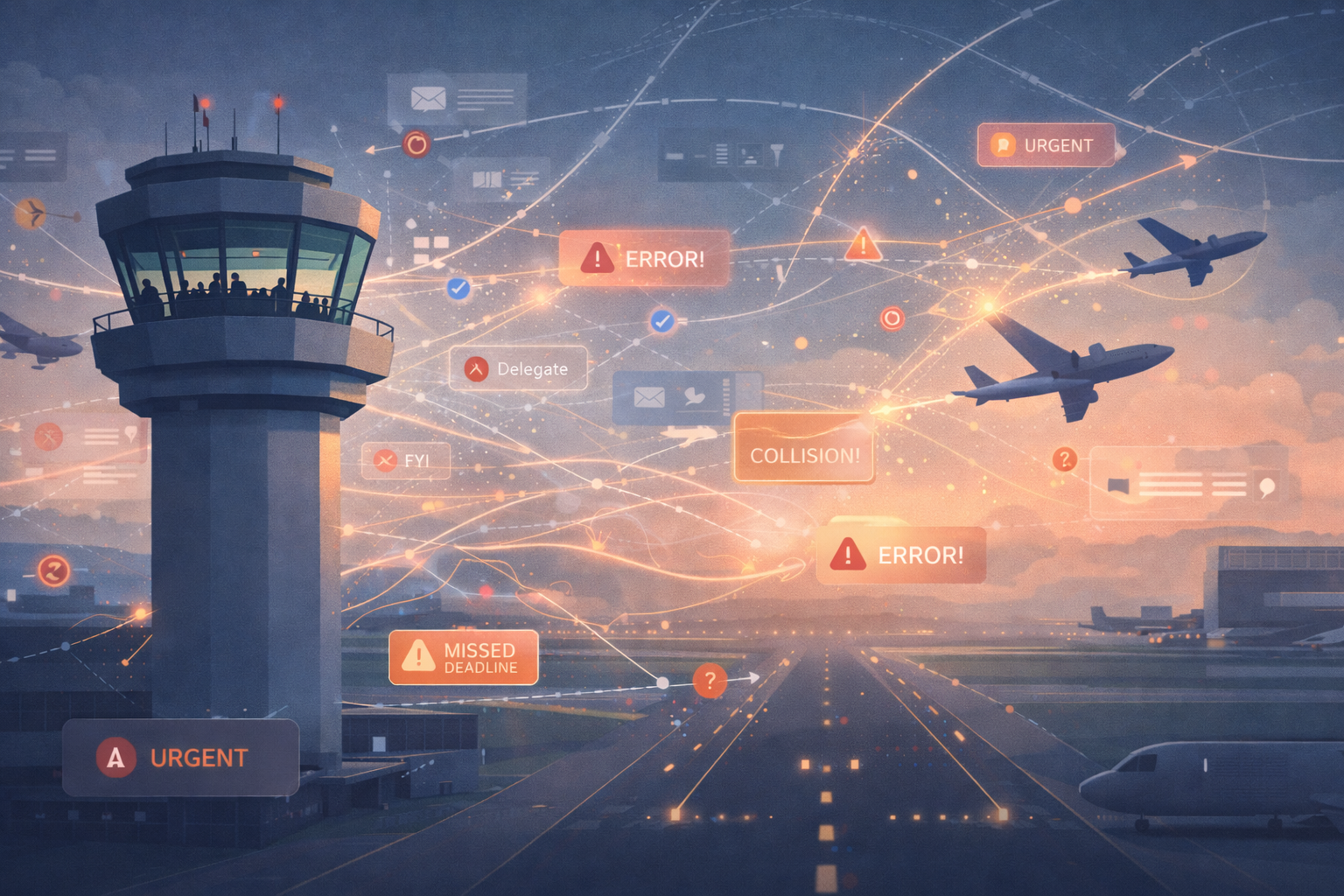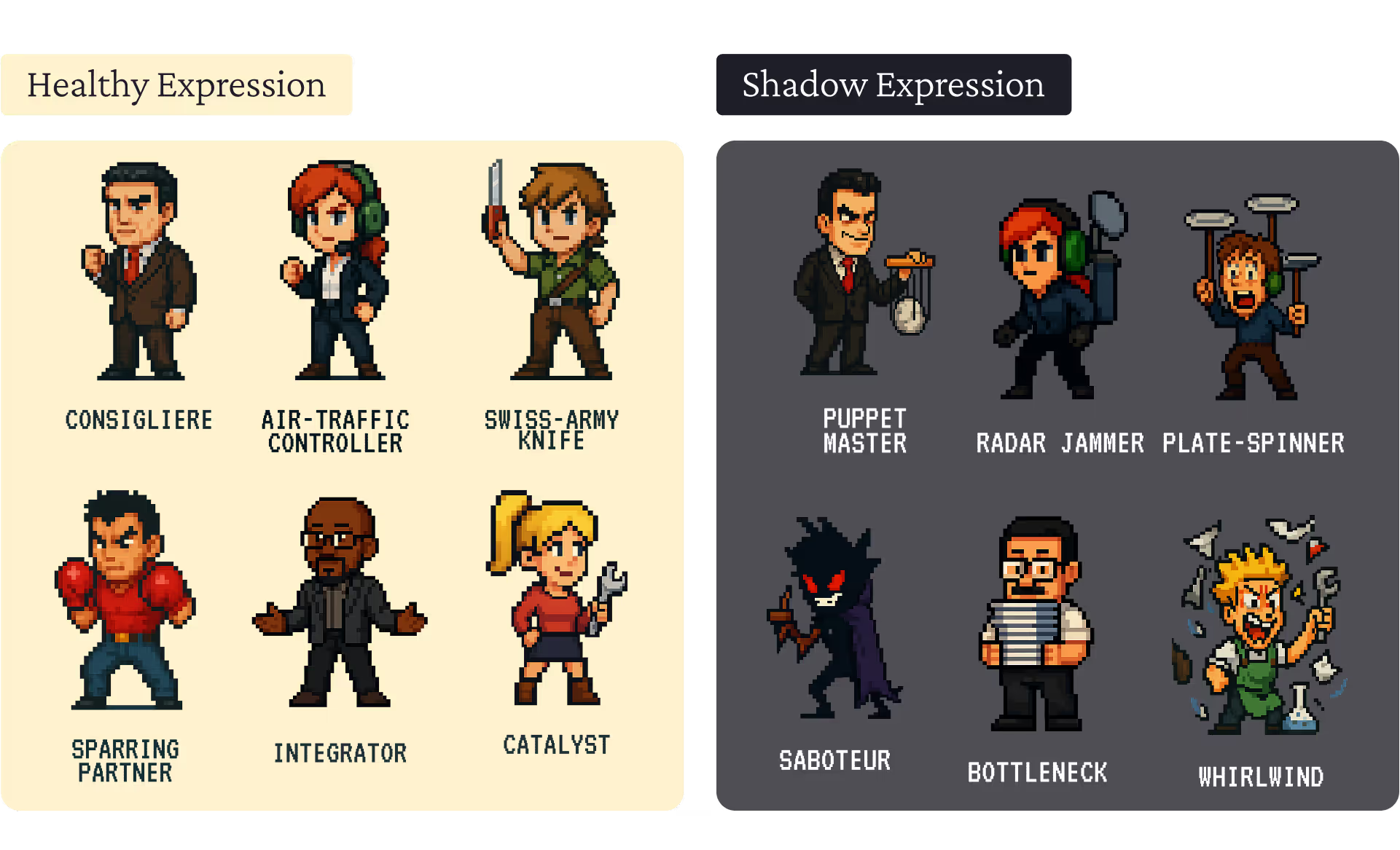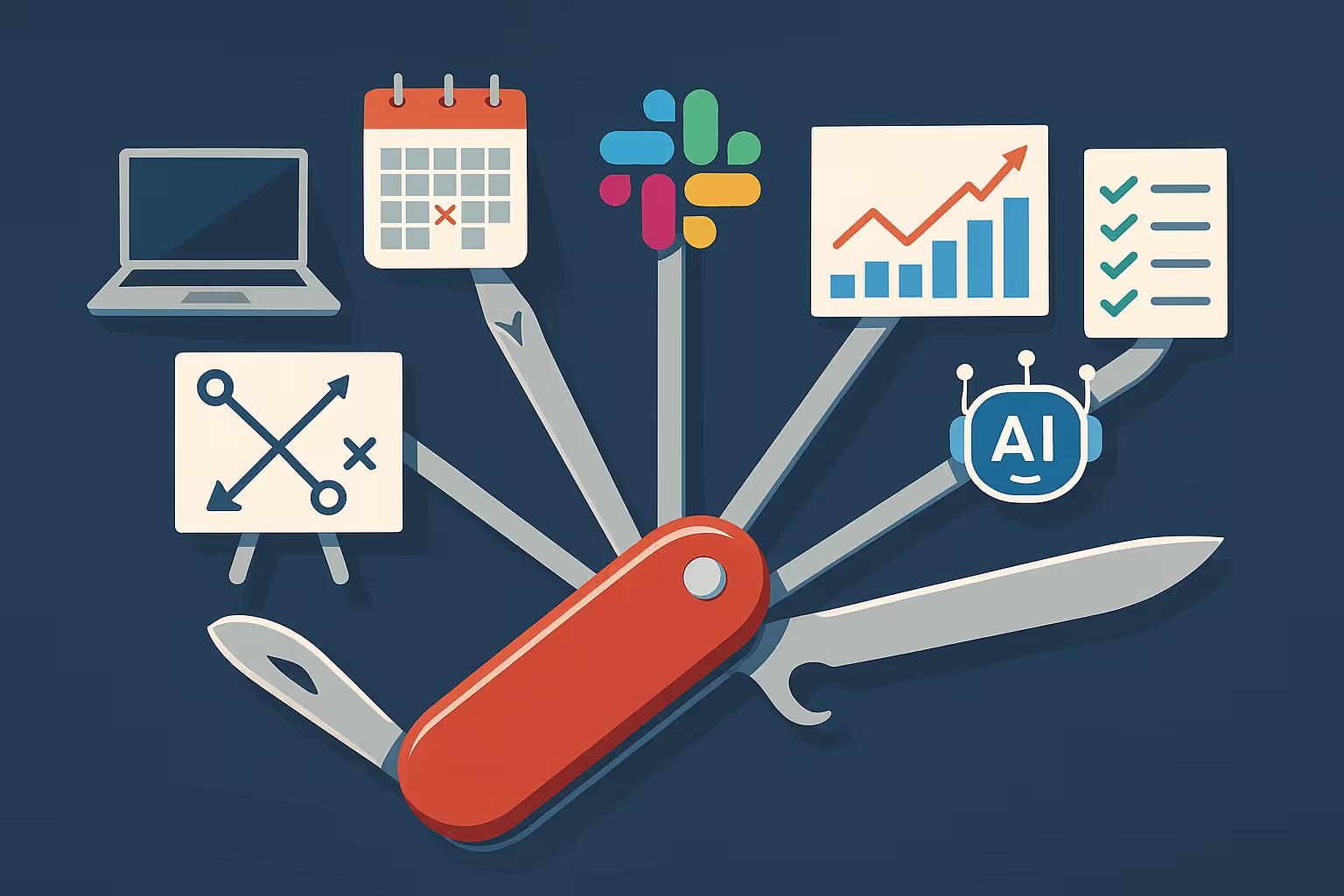The following is the transcript of a live Q&A with Marie Roker-Jones, co-founder and co-CEO of Essteem. Marie has incredible experiences to share in her work implementing diversity & inclusion training at tech companies, running equalithons (hackathons for equality), and fostering better hiring practices and education programs creating new opportunities for underrepresented communities. This event was hosted by Scott Amenta, founder of The Chief of Staff Network.
Scott
Marie began her career as a senior editor at The Good Men Project. It's a digital publication, redefining the ideas of manhood and masculinity.
She also went on to start working with Blue Star Families, a nonprofit dedicated to supporting military families through different things like wellness, employment and education programmes. Marie is now a diversity and inclusion consultant, and currently the co-founder and co-CEO of Essteem.
And we're going be talking about her role with Essteem, her work, and getting into some of the details around diversity and inclusion in the workplace today. Thank you, Marie, for joining us, we're super excited to have you.
Can you tell us a little bit more about your work and vision for Essteem?
I guess our biggest vision is to really change how tech companies source hire and retain diverse talent, and help them to be more mindful of creating inclusive and impactful work cultures. And that means really looking at the intersectionality of diversity, and being mindful creating a space for belonging.
What does Diversity, Equity, and Inclusion mean to you? And what does it mean in the context of Essteem?
I would say inclusion is really our sweet spot, because we feel that diversity can often be seen as a check mark, or something that a company accomplishes by just bringing in people with different experiences, different backgrounds. Equity is really about fairness, and giving people what they deserve based on their experience, based on their skills, and not necessarily just looking at gender, race, or other factors, right.
Our focus mostly is inclusion because we know that if you have an inclusive workplace, your employees are more likely to bring their whole selves, they're more likely to really contribute to your innovation. They're really helping you to create products that are diverse and produce services that are diverse.
And is inclusion just a “feeling” or are there tactical ways or frameworks of measuring inclusion?
Is your workplace somewhere that is psychologically safe for your employees, meaning that employees feel that they are welcomed and their ideas are valued and respected. Another way to measure inclusion is when you have meetings, are people encouraged to participate? Are they encouraged to offer their insights? Are your team members speaking up? Or are they feeling not necessarily included in conversations or meetings, or brainstorming sessions? Measuring inclusion is really looking at how your team is allowing for others to just be part of that space and share openly without the fear of being judged without the fear of bias or any microaggressions.
Are there things that you find in your work with companies that these businesses often get wrong about DEI?
Too often, they stop at diversity. Or they look at Equity and Inclusion from a very narrow lens, instead of saying what is our strategy, how are we going to be intentional about this?
I think there's a leap from simply wanting to be diverse. So businesses start hiring without thinking about their vendors, the audience they are serving, their clients and customers, and what matters to them.It’s important to be really mindful of diversity, not just internally, but externally at your partners.
And so a lot of companies just think “we want to be diverse”, but they don't have a clue of what that looks like. So maybe they're focused on bringing in women, when honestly, they should be thinking about a particular group of women, e.g. Latinas instead of Black women. You have to be consciously mindful of who you’re serving and how you build better products that are also inclusive.
One last point - you're not going to always get it right. And it's okay. I think there's this sense that it's got to be perfect. It's not going to be perfect, because it's continuous. And you've got to keep learning. So it's never something where anyone can say, I've got it done. I've got it together. It's not.
Scott
It's a really good point. And I think this is potentially one of the pitfalls is that companies feel like they're walking on eggshells on topics that can be perceived to be very sensitive. Often, it's easier to just pretend it doesn't exist. But, having these conversations with your employees opens up the door for a stronger culture of psychological safety.
I'm curious, are there businesses that you've come across where you've seen this working really well?
I don't know if I can. I can say that there's companies that are being mindful and intentional. And that's the first thing to look for. One company I find interesting is Ben & Jerry's. They've always been about diversity and inclusion, but I love how vocal they are about it. And they're not afraid to speak out in social media and in their campaigns.
They've done it for a while so they know what they're doing. So it's not coming from a place that feels like they’re “jumping on the bandwagon”. And I think that's what companies need to really think about. You need to be authentic, transparent, and honest. You have to acknowledge that you don't know everything and the path forward is hard. People will value that much more than if you do something that comes off as being part of a gimmick or trend.
Scott
I've often thought of companies as microcosms for broader society - meaning the values employees prescribe to in their workplace often reflect the values in their everyday lives. Yet many companies are often hesitant or even reluctant to take a hard stance for movements like Black Lives Matter.
Do you think companies have a moral responsibility to take a stance on these issues?
I think it really depends on the company. I think the leadership needs to decide, what do we want to do? What is our mission? What are our values? You don't want to shut down your employees because then you're not giving them that safe space, or trusted space. It really matters, whether you're ready to have that conversation. Some leaders are not ready to have that conversation. So their employees take the leap.
But you should always make a statement and give people the opportunity to speak. You can do this in town hall events company-wide or by department so people can come and just express how they're feeling or maybe some of their thoughts.
You also have to be truthful to who you are and how you can show support? Are you going to just put up a black square? Or are you going to really talk about the action steps you have? Will this be something you only address internally? Or is this going to be something to do publicly?
Scott
This is also a topic that comes across many chiefs of staff desks. Often they have the responsibility of writing that memo to the company, sometimes on behalf of the CEO or leadership team. And it can be a tricky thing to address properly. I do agree that a statement is better than no statement, silence is complicity.
Marie
Yeah, silence is the worst. And, and even if it's internally, your employees are gonna talk about it, and it'll be public then.
Shifting gears here for the last few minutes, I wanted to learn more about Essteem. What is an Equalithon, how does it work? How can companies get involved in it?
Marie
Equalithons are our take on hackathons for equality. We see it as a creative way for companies to either source and hire for diverse talent or to engage employees for social impact. The programs are also centered around building a more sustainable world and we do that using the UN's SDGs. So it helps it protects our community and our participants from building business solutions for free. But it also engages employers to look at things from a different lens.
On one hand, we’re building awareness of inclusion by helping our employer partners understand the experiences of participants. For example, a woman who is a working mom and doesn't have adequate childcare. We're looking for partners and businesses that have an interest in building DEI programs in a creative way, but also in a way that's impactful so that you're taking real action.
Scott
I think the beauty of that experience is even if it doesn't lead to full time hire, it's a learning experience for everyone, both on the company side, but also the women participating in Equalithon.
Marie, thank you so much for giving us the opportunity to speak with you today. Before we go to the breakout sessions, I want to leave us all with one question to think about further.
How have best practices for DEI in the workplace changed because of the rapid movement to remote-work from Covid? Has DEI become even more difficult to get right?





.avif)
.avif)








